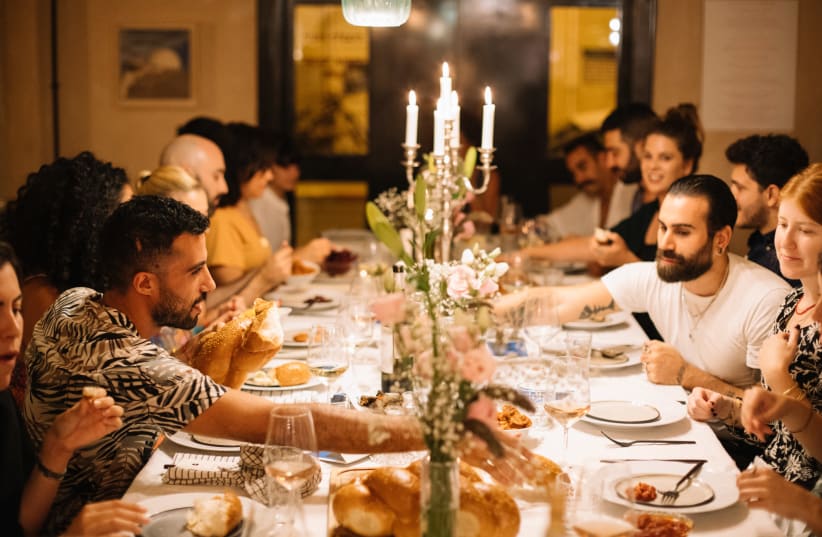A study conducted by dating service app Bumble, which stands out for its rule that females must make the first move, found that two-thirds of Israeli singles have suffered from what has been coined as 'single-shaming.'
The High Holidays is a stressful period for many singles across Israel, as family dinners are usually accompanied by question after question on their love lives.
What is single-shaming?
Single-shaming is "negatively judging somebody for not being partnered up and not conforming to society’s expectations…of being married at a certain age," according to New York City-based psychotherapist Allison Abrams.
Single-shaming can come in the form of negatively comparing someone in a relationship and a single and unprompted attempts to set a single up on a date, two of the most mentioned phenomena in the survey.
Another way you can be single-shamed is by being accused of being 'too picky' when it comes to selecting partners, resulting in your single status.
"Some women don't want to go family dinners or events, as they know to expect invasive and judgmental questions about their love lives," Naomi Walkland, vice president of Bumble's Europe branch, said.
Women suffer from single-shaming more than men
This is represented in Bumble's 500-person survey, which found that 48% of single Israeli women are reluctant to join family events and dinners due to single-shaming. 40% of Israeli men said they feel the same.
In total, 73% of Israeli singles feel more pressured over their relationship status during the High Holidays.
The single-shaming phenomenon, while prevalent for both male and female singles, is more felt by females, according to Bumble's survey, which found that 72% of women said they had experienced single-shaming, compared to 57% of Israeli men.
Of those who did not confirm whether they have experienced single-shaming, almost half (49%) agreed that it is uncomfortable to be asked about your love life by family members.


